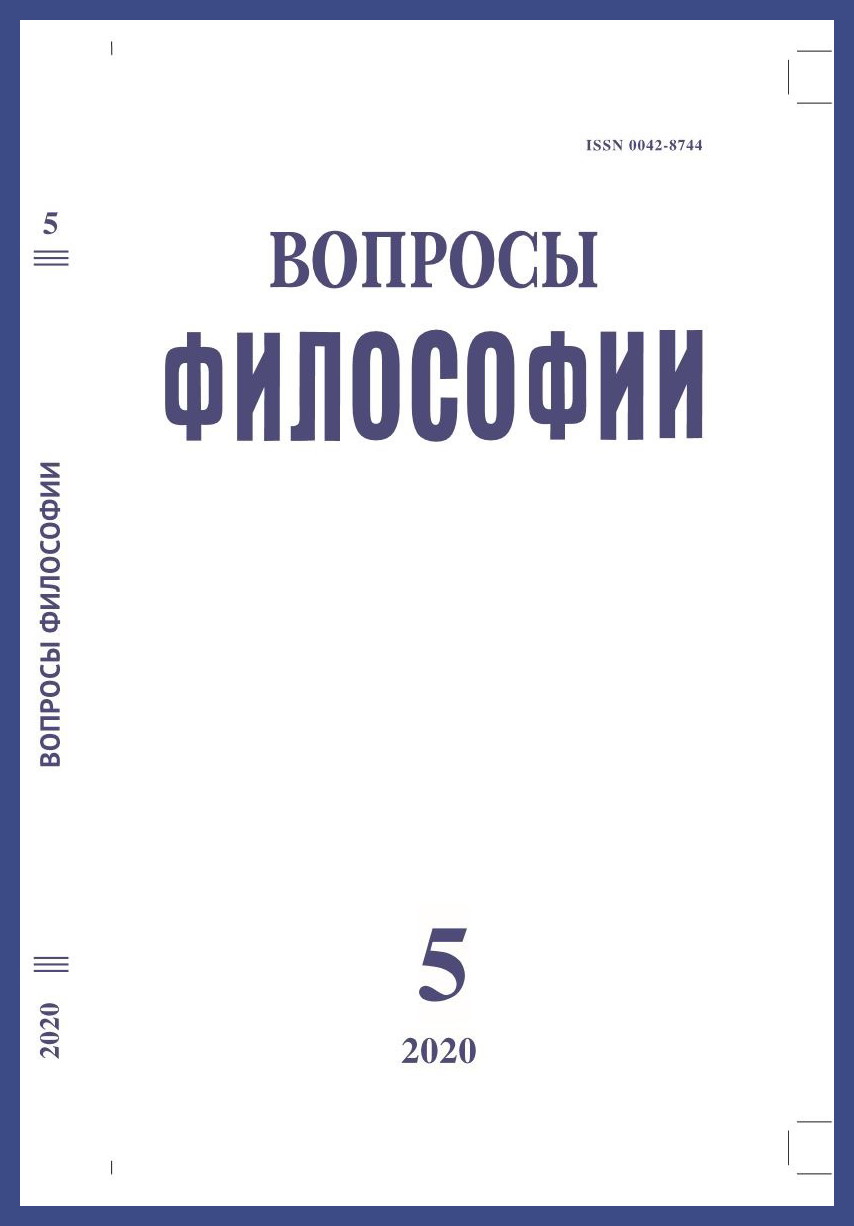Methodology for the Study of Religion in Max Weber’s Philosophy and Sociology
DOI:
https://doi.org/10.21146/0042-8744-2020-5-49-56Keywords:
social cognition, methodology, ideal type, nature sciences, cultural sciences, explanation, understanding, the basics of religion, the irrationality of the world, methods of religious exploration of the world, Christianity, ethics of religions, the spirit of capitalismAbstract
The article deals with the origins of the philosophy and sociology of Max Weber – that is with the ideas of German philosophers on the separation of the natural sciences and cultural sciences and their methods, on the relationship of the explanation and understanding of the phenomena of social reality. It is shown that, having adopted these distinctions, M. Weber developed and refined the ideas of his predecessors. The approaches of M. Weber to the analysis of social cognition and the implementation of these approaches in the study of religion are characterized in the article. The heuristic method of constructing an “ideal type”, which is used by M. Weber in the course of researching a particular social phenomenon as well as in the process of social cognition, is described. The article analyses the construction of M. Weber’s “ideal type” of “Christianity”. The concept of “religion” formulated by M. Weber is revealed: religion is characterized by him as a way of giving meaning to social action, and as a cultural phenomenon religion defines and supports the corresponding meanings. The disclosure of the foundations of religion by M. Weber is shown – the experience of the “irrationality of the world” and human life. An analysis by M. Weber of the “ethics of religions” is revealed.

